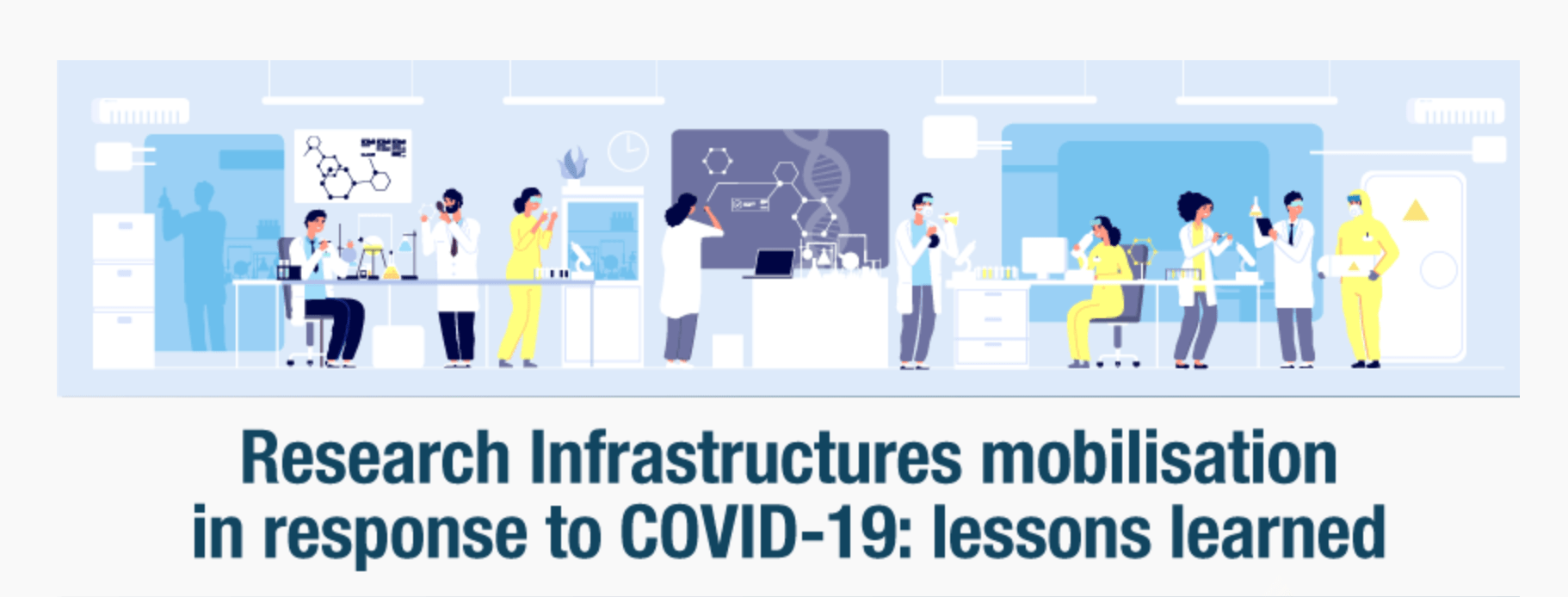In a virtual workshop on 11 May 2021, hosted by the Organisation for Economic Development (OECD) and Science Europe, Chief Executive Officer Christos Arvanitidis spoke about how LifeWatch ERIC has contributed to answering critical questions that emerged during the COVID-19 pandemic, including collaboration and data sharing between Research Infrastructures (RIs). COVID-19 had a substantial impact on the operations of analytical facilities that serve external users, for example.
At a time in which physical access to RIs has been restricted, Dr Arvanitidis said, LifeWatch has been able to offer a collaborative computing environment that is secure, accurate and transparent, delivering continuity and versioning control. Some projects, like the Internal Joint Initiative, have continued as in-house “in remote-working”, other projects have been “fast-tracked” for high priority research.
EOSC Future, ENVRI-FAIR and the ERIC Forum are some of the European RI projects that have benefited from LifeWatch ERIC’s input, resources, building of commonalities or provision of collaboration spaces. “We are proud to have enabled access to other RIs in these difficult times. We have accelerated the diffusion of data and results, and supported policy actions to enable RIs to mobilise effectively. After all, we’re all in the same boat,” said Dr Arvanitidis.
Click here for the presentation slides.

